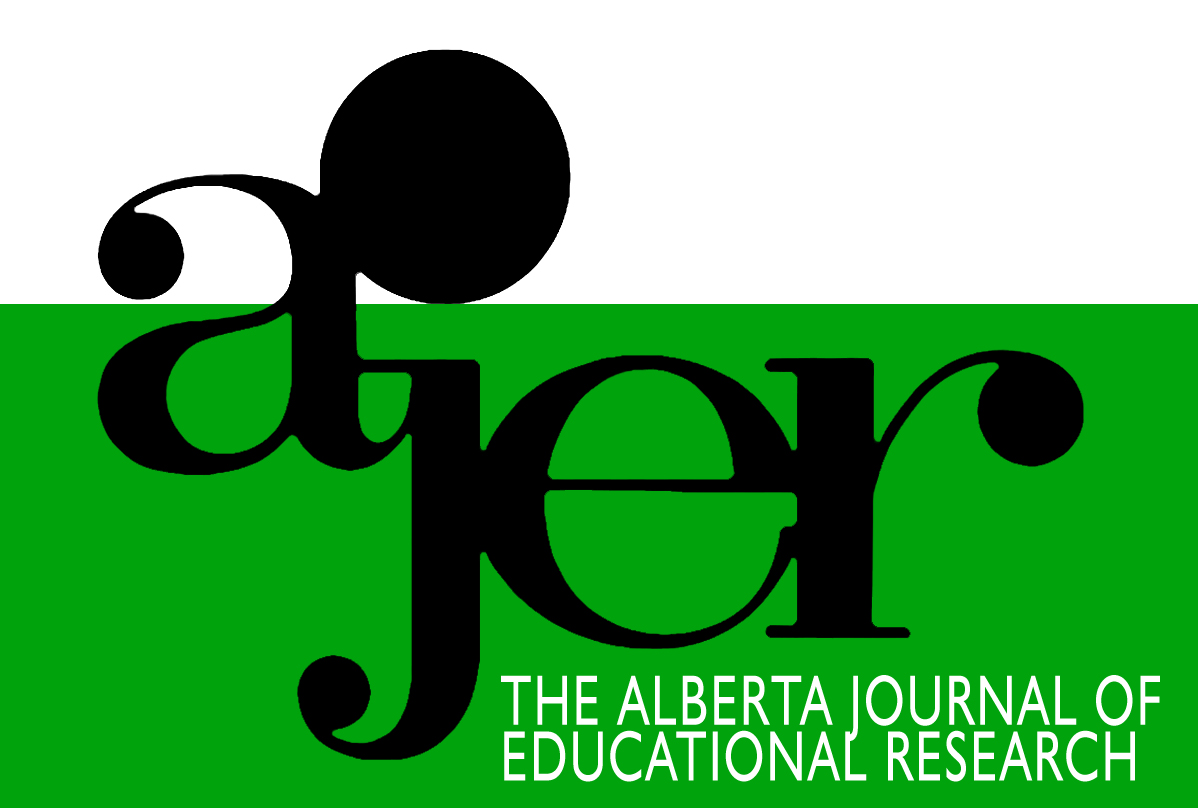The University of Buenos Aires’ Programa Facultad Abierta: Reflections on a Collaborative and Political–Academic University Extension Initiative with Argentina’s Self-Managed Workers
DOI:
https://doi.org/10.55016/ojs/ajer.v64i2.56494Keywords:
University extension, The public university, Social movements, Workers’ self-management, ArgentinaAbstract
This perspectives article offers an overview of the Programa Facultad Abierta (Open Faculty Program) written by its faculty protagonists. Through the creation and continuation of this program the authors describe the evolution of the program that emerged from the socio-political context of Argentina’s 2001-2002 economic crisis. As a university extension program associated with the University of Buenos Aires’s Faculty of Philosophy and Letters, the Programa Facultad Abierta is both socially committed and community-focused. The Programa Facultad Abierta serves as an illustrative case study of the possibilities still available to the public university for not only engaging in continuing adult education, but also for playing a key role in supporting broader proposals for social change against and beyond social exclusion and strictly capitalist prerogatives. Indeed, the experiences of the Programa Facultad Abierta shows that the public university has an important role in an academic–political project which both co-creates knowledge and collaborates with otherwise marginalized communities and working people in forging alternative socio-economic destinies together.
Cet article offre un aperçu du Programa Facultad Abierta (Programme d’études libres) écrit par les acteurs clés de la faculté. Les auteurs décrivent l’évolution de ce programme, de sa création découlant du contexte sociopolitique de la crise économique de l’Argentine en 2001-2002 jusqu’à son maintien de nos jours. En tant que programme d’éducation permanente lié à la faculté de philosophie et des lettres de l’Université de Buenos Aires, le Programa Facultad Abierta est à la fois engagé socialement et axé sur la communauté. Il sert de cas d’étude pour illustrer les possibilités qu’ont encore les universités publiques de non seulement s’impliquer dans le maintien de l’éducation des adultes, mais également de jouer un rôle clé dans l’appui des propositions plus larges visant le changement social pour éliminer l’exclusion sociale et les prérogatives strictement capitalistes. Effectivement, les expériences du Programa Facultad Abierta indiquent que l’université publique a un rôle important à jouer dans un projet académique-politique qui contribue à la création des connaissances et collabore avec des communautés marginalisées et des travailleurs pour créer ensemble des destins socioéconomiques alternatifs.
Mots clés : programme d’éducation permanente; université publique; mouvements sociaux; autogestion des travailleurs; Argentine
Downloads
Published
Issue
Section
License
UNIVERSITY OF ALBERTA COPYRIGHT LICENSE AND PUBLICATION AGREEMENT
If accepted, authors will be asked to sign a copyright agreement with the following points:
A. Where there is any inconsistency between this Copyright License and Publication Agreement and any other document or agreement in relation to the same subject matter, the terms of this Agreement shall govern.
B. This document sets out the rights you are granting in relation to publication of your article, book review, or research note entitled (the “Article”) through inclusion in the academic journal titled Alberta Journal of Educational Research (the “Journal”) published through the Faculty of Education, representing the Governors of the University of Alberta (the “Journal Editor”).
C. There will be no payment to you for this publication and grant of rights. In consideration of the agreement to publish the Article in the Journal:
1. You are warranting that:
- the content of the Article is your original work, and its content does not contain any material infringing the copyright of others; or, where the Article is not entirely your original work, you have obtained all necessary permissions in writing to grant the rights you are giving in this agreement;
- the content of the Article does not contain any material that is defamatory of, or violates the privacy rights of, or discloses the confidential information of, any other person;
- the Article has not been published elsewhere in whole or in part, and you will not allow publication of the Article elsewhere without the consent of the Journal Editor;
- the names of all co-authors and contributors to the Article are:
2. You agree to license the copyright in the Article to the Journal Editor, on a worldwide, perpetual, royalty free basis; and to the extent required by the terms of this agreement. You shall retain the right at all times to be acknowledged as the/an author of the Article.
3. You further agree that the Journal Editor has the entitlement to deal with the Article as the Journal Editor sees fit, and including in the following manner;
- The right to print, publish, market, communicate and distribute the Article and the Journal, in this and any subsequent editions, in all media (including electronic media), in all languages, and in all territories, ing the full term of copyright, and including any form of the Article separated from the Journal, such as in a database, abstract, offprint, translation or otherwise, and to authorize third parties to do so;
- The right to register copyright of the Journal;
- The right to edit the Article, to conform to editorial policy as the Journal Editor sees fit.
4. If any co-author or contributor to the Article does not sign this agreement, the Journal Editor reserves the right to refuse to publish the Article.



